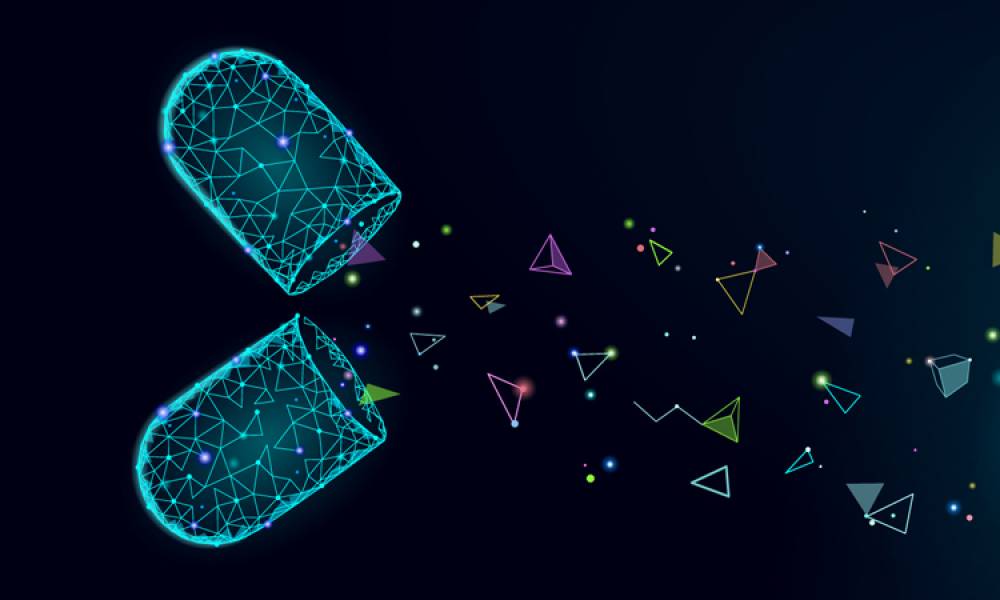- 2024
- 04
- Mar
The Impact of Artificial Intelligence on Drug Discovery and Development
In recent years, Artificial Intelligence (AI) has revolutionized various industries, with the pharmaceutical sector being no exception. AI’s ability to analyze vast datasets and predict outcomes with high accuracy has significantly impacted drug discovery and development, leading to faster, more efficient, and cost-effective processes.
Accelerating Drug Discovery
Traditional drug discovery methods often involve years of research and billions of dollars in investment. The process is labor-intensive and has a high rate of failure, with only a small percentage of compounds making it to market. AI changes this by rapidly analyzing massive datasets, identifying potential drug candidates, and predicting their effectiveness with remarkable precision.
Machine learning algorithms can sift through databases of chemical compounds, biological data, and patient records to identify potential drug candidates that might have been overlooked using conventional methods. For instance, AI can predict the binding affinity of a drug to its target protein, drastically reducing the time required for the hit-to-lead phase of drug discovery.
Enhancing Drug Development
AI's impact extends beyond discovery into drug development, where it plays a crucial role in optimizing clinical trials. AI models can analyze patient data to identify the best candidates for clinical trials, predict how they might respond to treatments, and even optimize dosing regimens. This not only shortens the timeline for drug development but also increases the likelihood of success by ensuring that the right patients receive the right treatments.
Moreover, AI can be used to monitor patients in real-time during clinical trials, providing insights into side effects and therapeutic efficacy more quickly than traditional methods. This real-time analysis enables faster decision-making, potentially saving time and resources while improving patient safety.
Reducing Costs
One of the most significant advantages of AI in drug discovery and development is cost reduction. By streamlining the research process, AI reduces the need for extensive laboratory work, which is often expensive and time-consuming. The ability to predict failures early in the development process also helps companies avoid investing in drugs that are unlikely to succeed, thus saving billions of dollars in potential losses.
AI and Personalized Medicine
AI is also driving the shift towards personalized medicine, where treatments are tailored to individual patients based on their genetic makeup, lifestyle, and other factors. By analyzing large datasets from diverse populations, AI can identify patterns that link specific genetic markers with responses to certain drugs. This allows for the development of therapies that are more effective and have fewer side effects for specific patient groups.
Challenges and Future Outlook
While the potential of AI in drug discovery and development is immense, there are challenges to overcome. Data privacy, the need for high-quality, unbiased datasets, and the integration of AI into existing workflows are some of the hurdles that need to be addressed. Additionally, the pharmaceutical industry must work closely with regulators to ensure that AI-driven processes meet the required standards for safety and efficacy.
Looking ahead, AI is set to become an indispensable tool in the pharmaceutical industry. As technology continues to evolve, we can expect even more breakthroughs in drug discovery and development, ultimately leading to more effective treatments and better patient outcomes.

